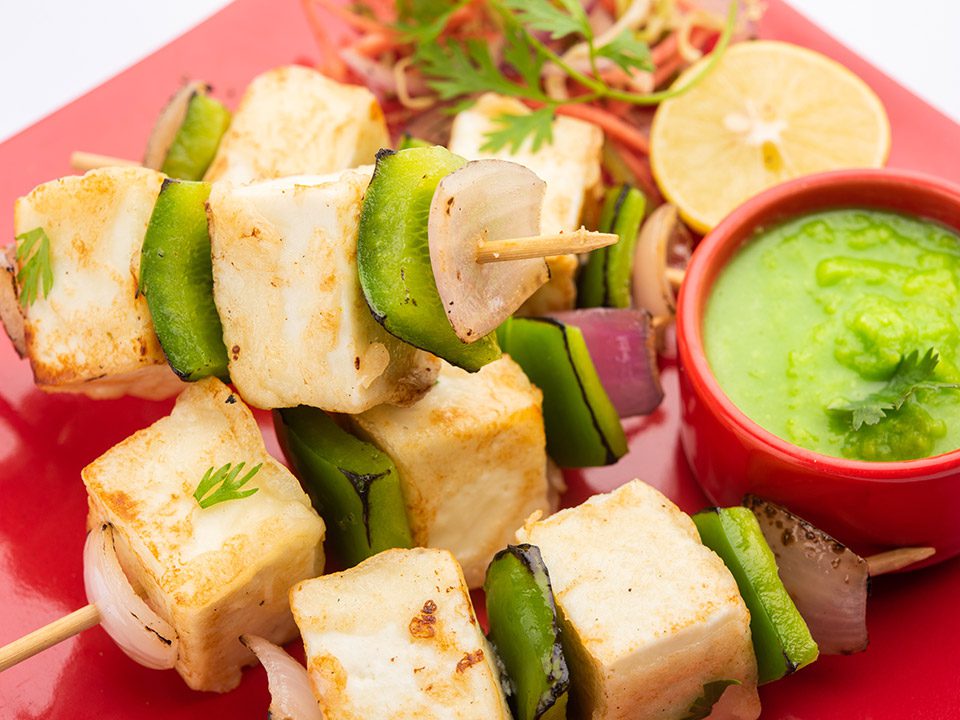Maintaining a healthy weight is essential for overall well-being. One way to achieve this is by following a low-calorie diet. A low-calorie diet involves consuming fewer calories than your body burns, resulting in weight loss. However, it is important to choose the right foods to ensure that your body is getting the necessary nutrients while still staying within your calorie limit. In this blog post, we will discuss the best foods for a low-calorie diet and how they can help you achieve your weight-loss goals.
What is a Low-Calorie Diet?
A low-calorie diet is a type of diet that restricts your calorie intake to promote weight loss. The number of calories you need to consume depends on various factors, such as age, gender, height, weight, and activity level. Generally, a low-calorie diet involves consuming 1,200 to 1,500 calories per day for women and 1,500 to 1,800 calories per day for men. However, it is important to consult a healthcare professional before starting any diet to determine the right calorie intake for your body.
The Best Foods for a Low-Calorie Diet
When following a low-calorie diet, it is crucial to choose nutrient-dense foods that provide essential vitamins, minerals, and other nutrients while keeping the calorie count low. Here are some of the best foods for a low-calorie diet:
1. Fruits and Vegetables
Fruits and vegetables are excellent sources of vitamins, minerals, and fiber. They are also low in calories, making them a perfect choice for a low-calorie diet. Some of the best options include leafy greens, berries, apples, oranges, and carrots. These foods not only provide essential nutrients but also help you feel full and satisfied, preventing overeating.
2. Lean Proteins
Protein is an essential nutrient for building and repairing tissues in the body. It also helps keep you feeling full and satisfied, making it an important component of a low-calorie diet. Choose lean protein sources such as skinless chicken, fish, tofu, and beans to keep your calorie intake in check.
3. Whole Grains
Whole grains are a great source of fiber, which helps keep you feeling full and aids in digestion. They also provide essential vitamins and minerals, making them a healthy addition to a low-calorie diet. Some examples of whole grains include quinoa, brown rice, oats, and whole-wheat bread.
4. Low-Fat Dairy Products
Dairy products are a good source of calcium, which is essential for strong bones and teeth. However, they can also be high in calories. Opt for low-fat or fat-free dairy products such as skim milk, low-fat yogurt, and cottage cheese to keep your calorie intake in check while still getting the necessary nutrients.
5. Healthy Fats
Contrary to popular belief, not all fats are bad for you. In fact, healthy fats are an important part of a balanced diet. They provide energy, help absorb certain vitamins, and keep you feeling full. Some healthy fat options include avocados, nuts, seeds, and olive oil. However, it is important to consume these in moderation, as they are still high in calories.
Tips for Following a Low-Calorie Diet
Here are some tips to help you successfully follow a low-calorie diet:
1. Plan Your Meals
Planning your meals ahead of time can help you stay on track with your low-calorie diet. This way, you can ensure that you are consuming the right foods in the right portions and avoid making impulsive food choices.
2. Read Food Labels
When grocery shopping, make sure to read food labels to determine the calorie content of the products you are buying. This will help you make informed decisions and choose low-calorie options.
3. Stay Hydrated
Drinking plenty of water is essential for overall health and can also help you feel full. Make sure to stay hydrated throughout the day, especially before meals, to prevent overeating.
4. Incorporate Physical Activity
In addition to following a low-calorie diet, incorporating physical activity into your daily routine can help you burn more calories and achieve your weight-loss goals faster. Aim for at least 30 minutes of moderate exercise, such as brisk walking or cycling, each day.
Conclusion
A low-calorie diet can be an effective way to lose weight and maintain a healthy lifestyle. By choosing the right foods and following these tips, you can successfully follow a low-calorie diet and achieve your weight-loss goals. Remember to consult a healthcare professional before starting any diet and listen to your body’s needs to ensure a balanced and sustainable approach to weight loss.


